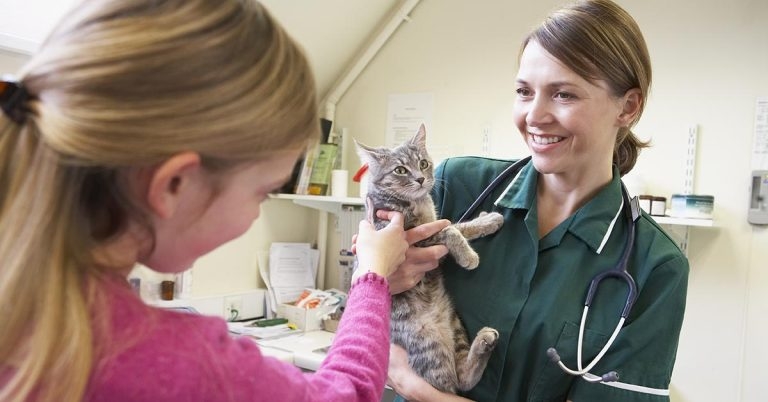22 Feb 2021
RCVS Knowledge has updated and expanded its evidence-based veterinary medicine course with six ordered modules designed for veterinary professionals to build a solid foundation in the area.

Image © Monkey Business / Adobe Stock
RCVS Knowledge has updated and expanded its evidence-based veterinary medicine (EBVM) learning course on the charity’s new e-learning platform.
The new version of EBVM Learning is the product of an international collaboration and offers vets, nurses, students and educators six hours of free CPD, covering the five stages of EBVM and an overview of its evolution.
Six ordered modules are designed to help users build a solid foundation in applying EBVM, or alternatively, the content can be accessed in individual sections. Practical examples and quizzes are provided, and a certificate can be download on completion.
EBVM Learning boasts an extensive thematic set of references and is housed on RCVS Knowledge Learn, the charity’s new e-learning platform – a hub for free training and resources to all veterinary practitioners and students.
Chris Gush, executive director of RCVS Knowledge, said: “This fresh iteration of our EBVM Learning course is the culmination of a huge amount of committed work from an international network of leaders in EBVM, and we are proud to launch it on our new, accessible platform RCVS Knowledge Learn.
“The course constitutes an important way in which the charity supports all veterinary practitioners to advance the quality of care they provide through EBVM – regardless of their role, location or background.”
Sarah Baillie, EBVM Learning academic lead and emeritus professor of veterinary education at the University of Bristol, was one of the 18 veterinary educators and professionals who helped develop the new version.
She said: “The update to EBVM Learning was based on extensive feedback gathered from students, practitioners and educators who had used the original version. It allowed us to improve the layout and ensure the content continued to be relevant to a wide range of veterinary professionals at all stages of their careers.
“We also expanded the team to have a greater international perspective, with contributions from colleagues based in Bangladesh, Canada, Germany, Grenada, the US, Romania and South Africa.”